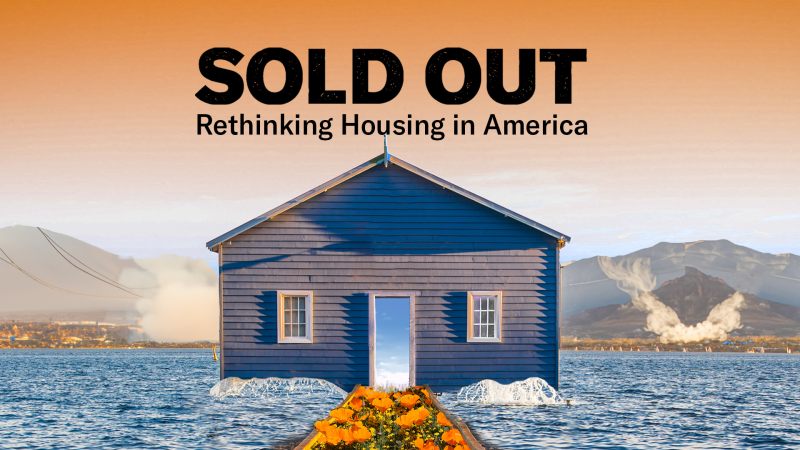Both housing and climate change are huge problems that seem in many ways unsolvable. As a result, many of us feel so powerless or discouraged that we turn away. The third season of KQED’s podcast Sold Out: Rethinking Housing in America, tells the stories of people who cannot turn away.
Our reporters have traveled across the state, listening to stories of Californians who are fighting to make a home here.
You’ll hear from a teenager whose family fled Pajaro following ferocious winter flooding only to struggle to find an affordable place to live. You’ll hear from a mom living on the streets of Fresno, fighting to keep her son from baking during summer heat waves even as temperatures soared north of 110 degrees Fahrenheit. And there’s the story of a group of neighbors along one block in Oakland, who have banded together to try and ditch their gasoline appliances and electrify.
We look at efforts to lower risk for homeowners in wildfire country, where the widespread loss of home insurance is rattling communities at their foundations. We also examine how San Jose is trying to build more infill housing, and in the process atone for California’s total devotion to sprawling suburbs and single family homes.

